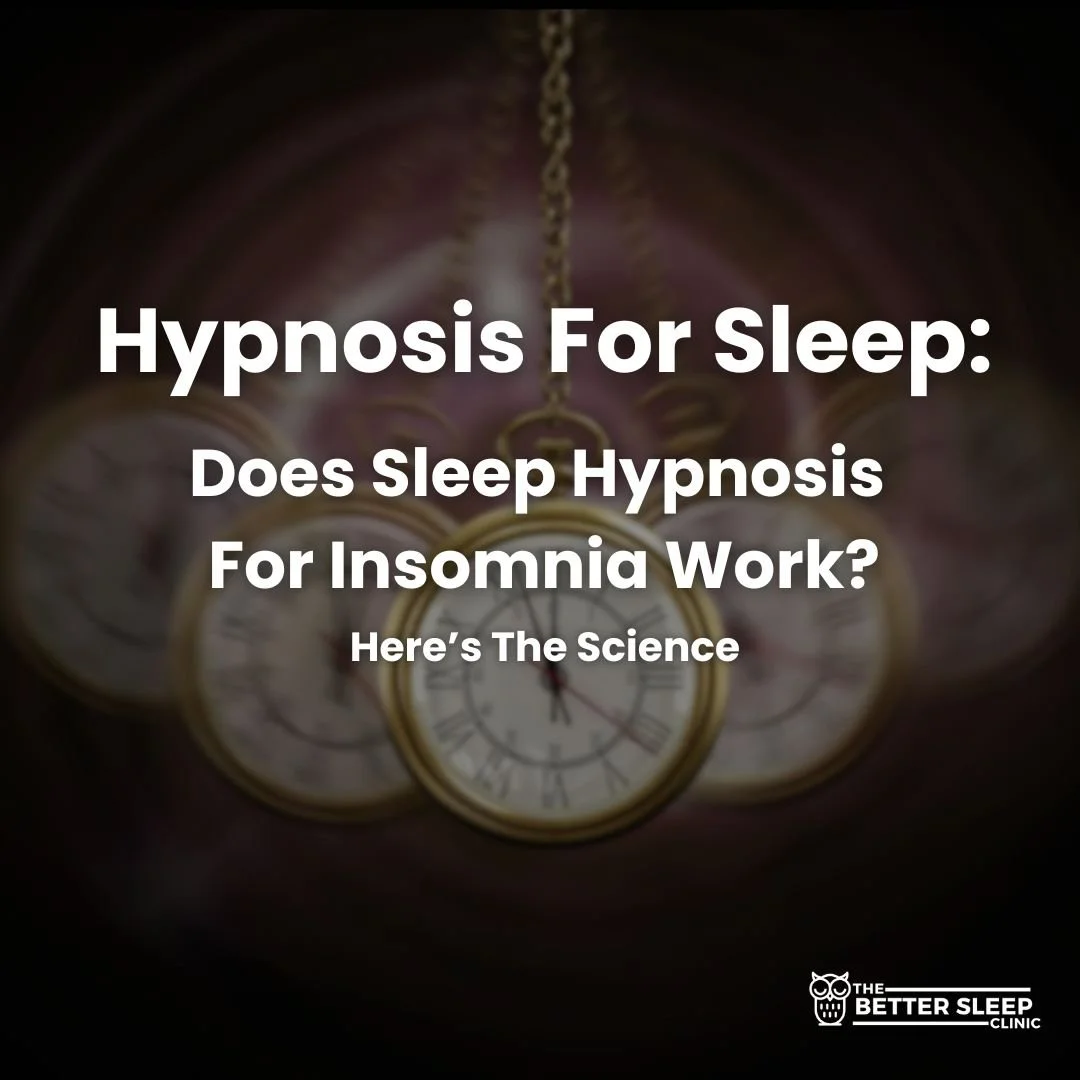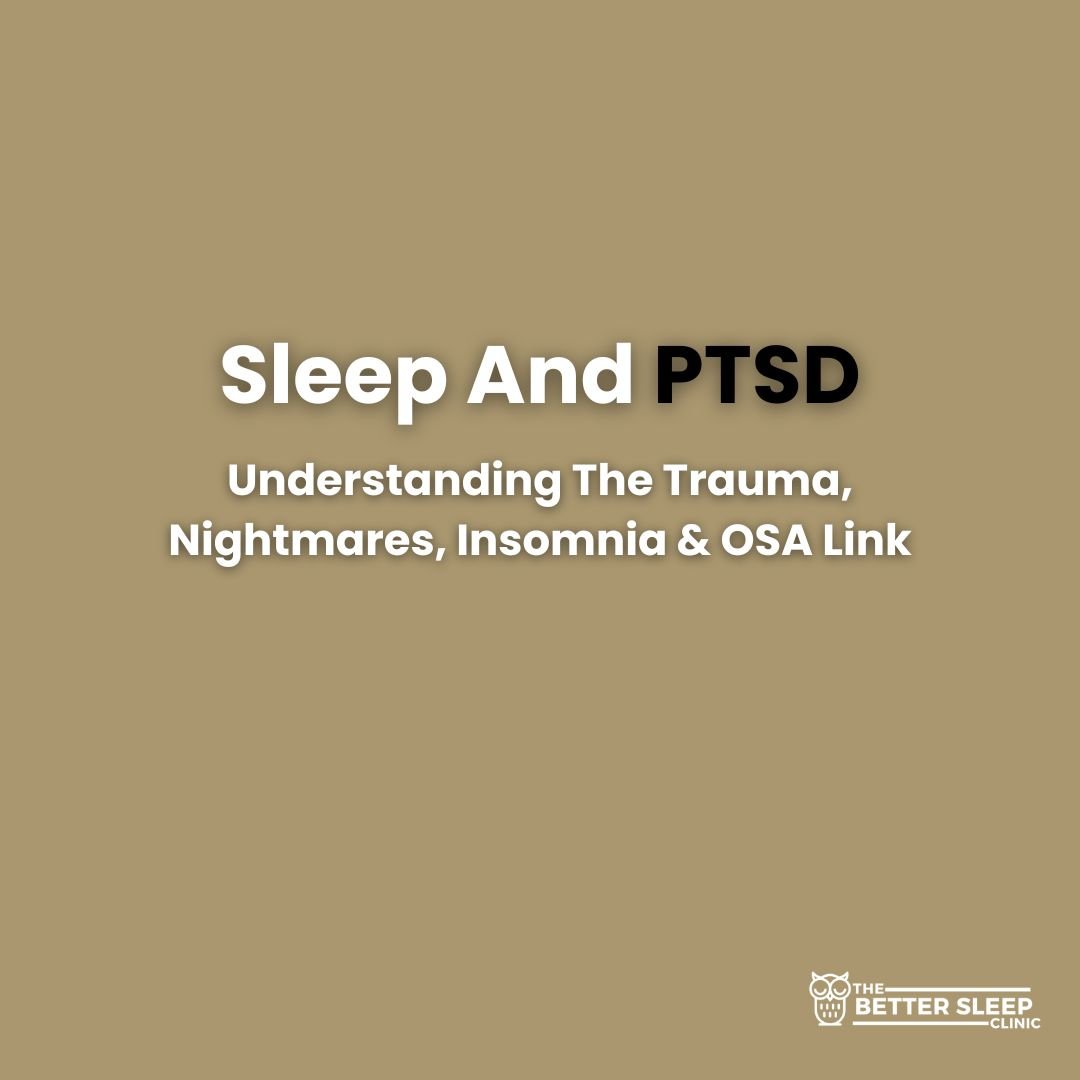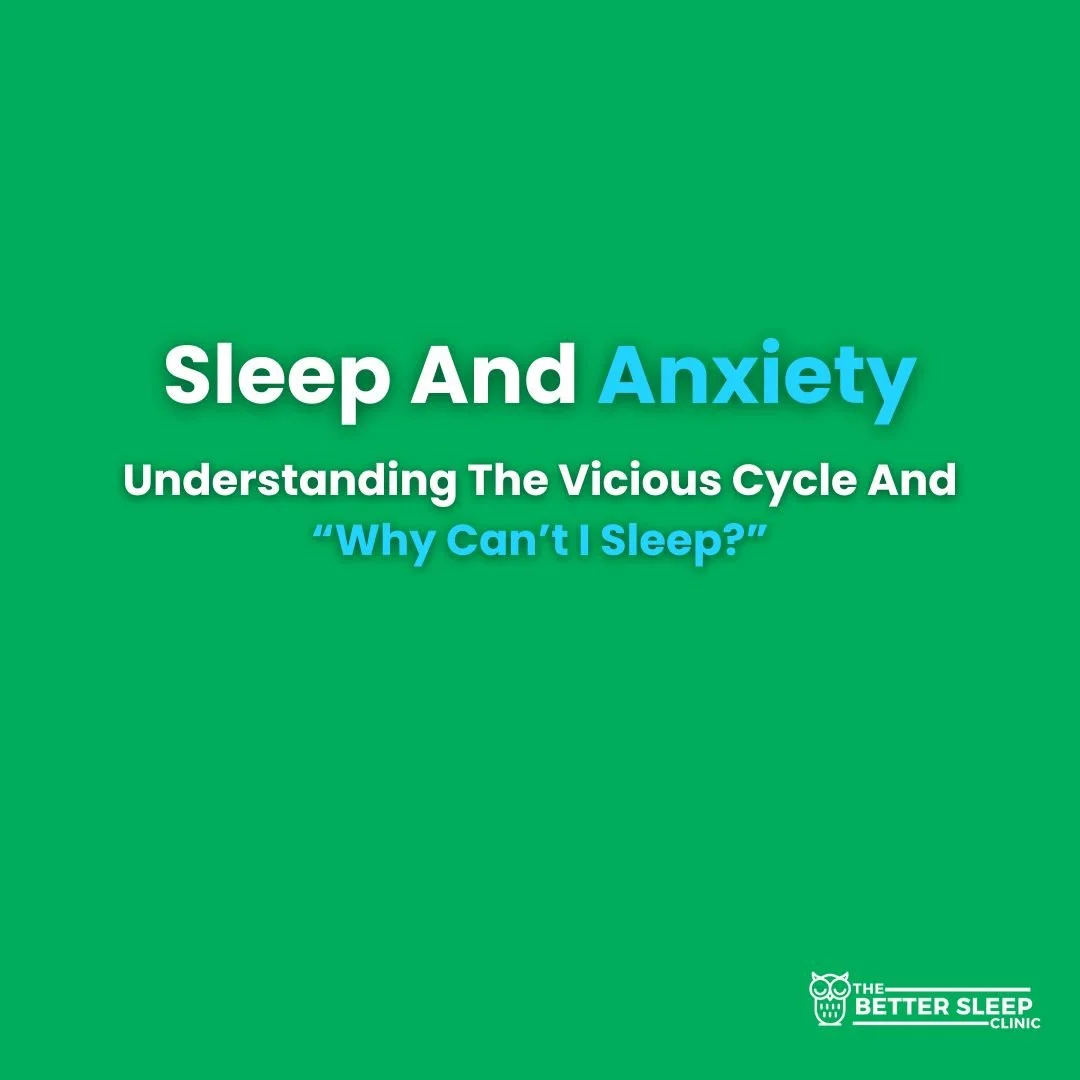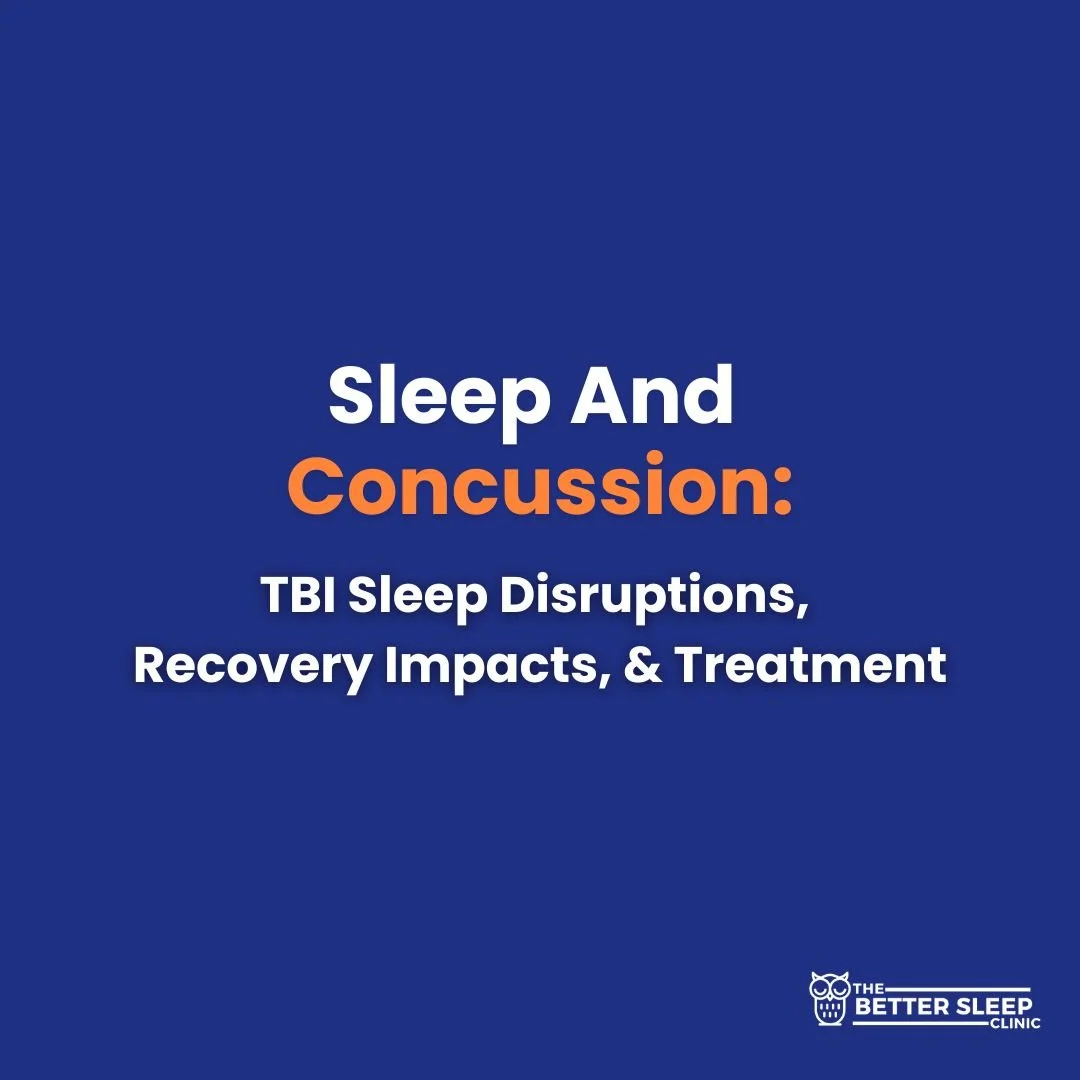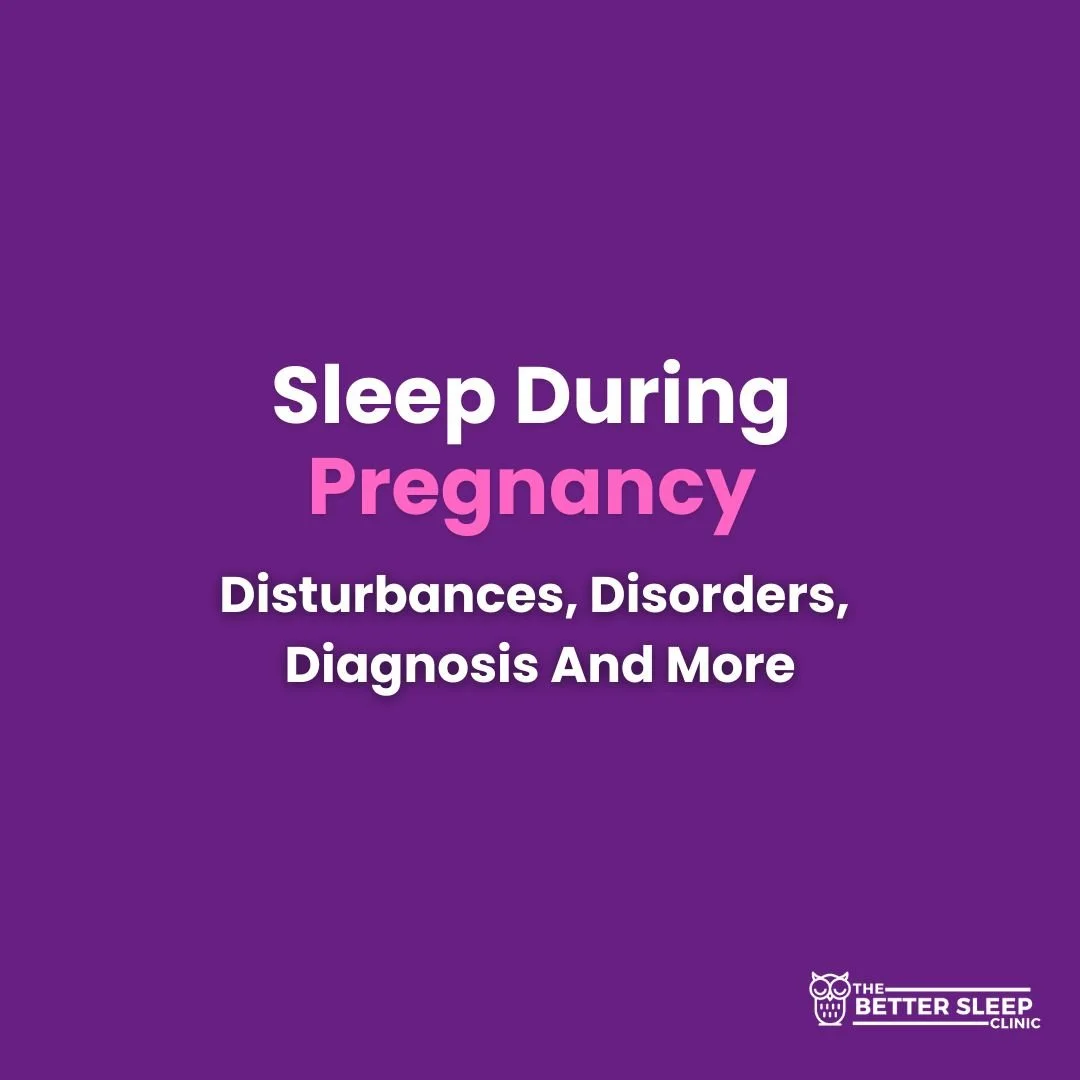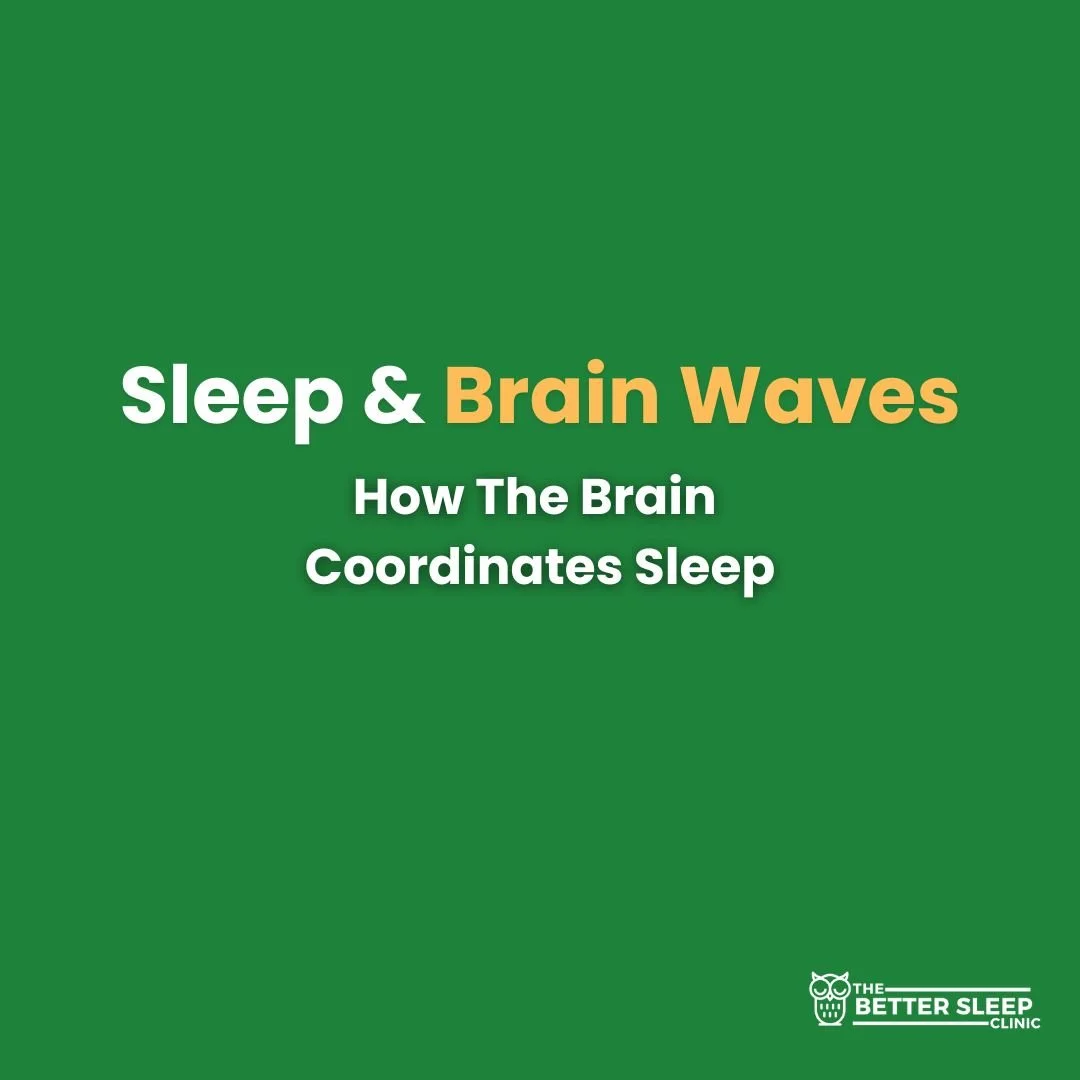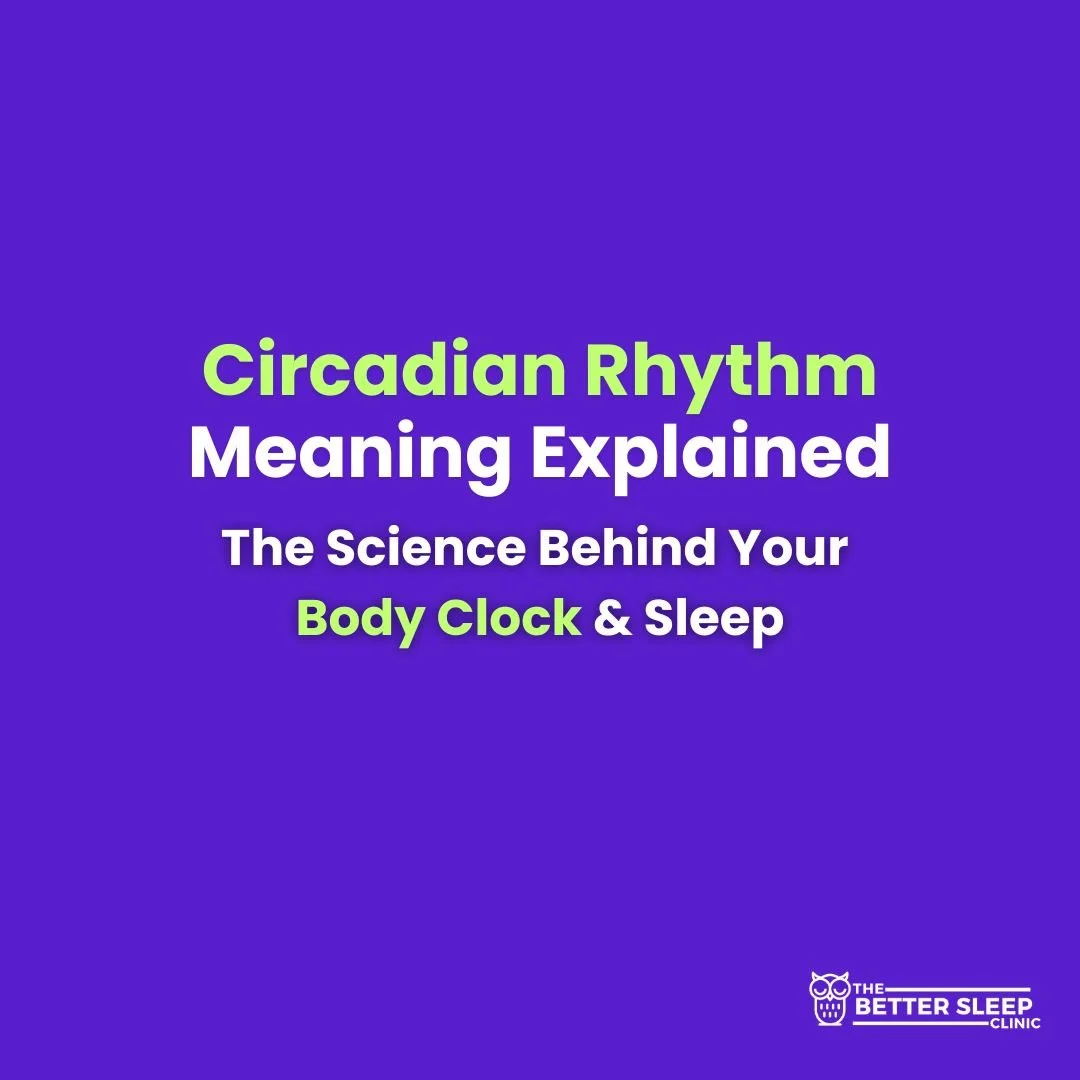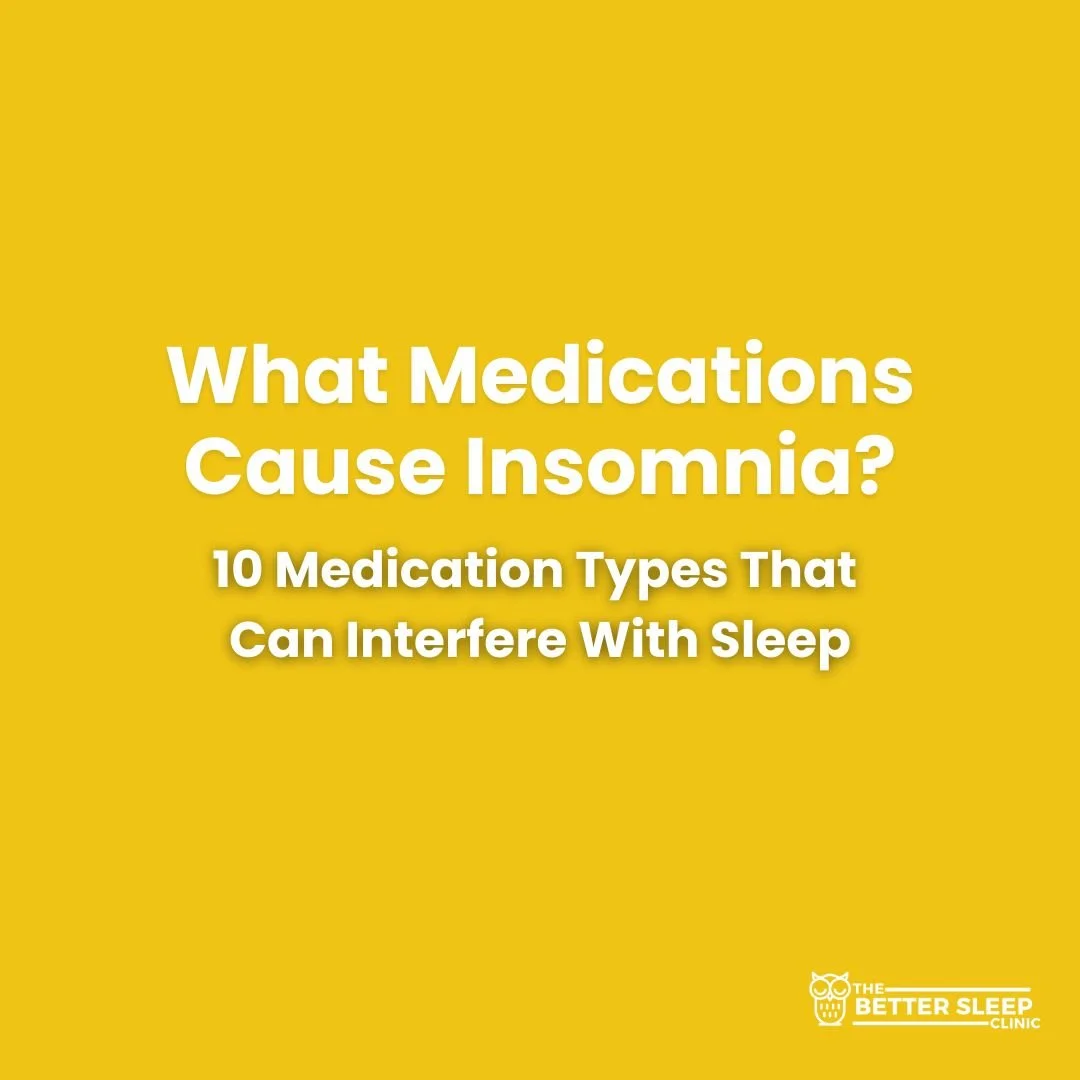Hypnosis For Sleep: Does Sleep Hypnosis For Insomnia Work?
Quick Summary
No Better Than Placebo: A comprehensive review found that the benefits of hypnotherapy or hypnosis for insomnia were not significantly greater than those from a "sham" or placebo intervention, suggesting that expectation and belief play a large role in its effects (Lam et al., 2015).
Faster Sleep Onset: The scientific review found that, on average, people using hypnotherapy for sleep fell asleep faster than those who received no treatment at all (Lam et al., 2015).
Limited, Low-Quality Evidence: The researchers caution that most studies on hypnotherapy for insomnia have been small and had significant design flaws, making it difficult to draw firm conclusions about the true effectiveness of hypnosis.
A Safe Profile: Across the studies reviewed, no adverse side effects related to hypnotherapy for sleep were reported, though this was not always systematically tracked.
Hypnosis For Sleep
When you’re struggling with sleepless nights, you are probably willing to try almost anything for a good night’s rest.
Our observation is that, naturally, quick fixes dominate rather than the most effective, recommended treatment for insomnia, CBT-i. But in terms of quick fixes, while supplements and sleep medication predominate, we do come across many that have tried alternative approaches like hypnotherapy aka hypnosis for sleep.
So does hypnosis for insomnia actually work? Or is it just a stage trick?
What does the science say?
To get a clear answer, a group of psychiatrist researchers conducted a thorough scientific review to see what the evidence says about using hypnotherapy for insomnia. This comprehensive analysis, which combined the results of many previous studies, offers some of the most reliable insights available on the topic.
Before we look at the findings, it’s worth thinking about how hypnosis is supposed to help insomnia.
What Is the Hyperarousal Theory of Insomnia?
The hyperarousal theory suggests that chronic insomnia is a state of being overly alert or "on edge," both mentally and physically.
This state can be caused by a number of factors, including excessive worry, stress, and autonomic nervous system activation, which controls your body's 'fight or flight' response (Bonnet & Arand, 2010). Essentially, your body and mind are too revved up to allow for sleep.
This theory is supported by consistent findings of increased heart rate, higher body temperature, and more brain activity in people with chronic insomnia (Bonnet & Arand, 2010). The mind races with anxious thoughts, and the body remains tense, making it difficult to transition into a state of sleep. Treatments that target this hyperarousal by promoting deep relaxation are therefore thought to be particularly effective.
So, how might hypnotherapy fit into this picture?
How Is Hypnosis Supposed to Work for Sleep?
Hypnosis for insomnia aims to directly calm the state of hyperarousal by guiding you into a state of deep relaxation and focused attention. It uses specific techniques, such as verbal cues and imagery, to help quiet the overactive mind and calm the nervous system. The goal is to manage anxiety, reduce racing thoughts, and decrease the physical tension associated with sleeplessness (Lam et al., 2015).
The techniques used in the studies varied but generally fell into a few categories:
Somatic-Focused Imagery: This involves suggestions that direct your attention to physical sensations of relaxation, such as warmth, coolness, heaviness, or a feeling of floating. The goal is to reduce physical tension by relaxing the body.
Pleasant-Place Imagery: This technique guides you to vividly imagine a peaceful and calming scene, like a quiet beach or a serene forest. This helps to distract from anxious thoughts and induce a relaxed emotional state.
Neutral-Objects Imagery: Some techniques use the visualization of neutral, uninteresting objects as a way to simply occupy the mind and prevent it from drifting toward worries or stressful thoughts.
The theory is that by learning to enter this relaxed state, individuals can gain a sense of control over their pre-sleep anxiety, making it easier to drift off to sleep.
How Did Researchers Evaluate the Evidence?
To provide a reliable summary of the evidence, the researchers conducted a systematic review and meta-analysis, a very thorough method for combining and evaluating the results of multiple scientific studies (Lam et al., 2015). They searched multiple scientific databases for all relevant studies on hypnotherapy for insomnia published up to March 2014.
The review included 13 randomized controlled trials, the gold standard in clinical research, with a total of 502 participants.
Six of these studies focused specifically on what we would call traditional hypnotherapy. The other seven examined very similar techniques that use a hypnotic-like state, such as autogenic training, a relaxation technique involving self-suggestions of warmth and heaviness, and guided imagery.
By pooling the data from these individual trials, the researchers could perform a meta-analysis, a statistical technique used to calculate an overall "effect size," which is a way of measuring how effective the treatment was. This allowed them to see if, on average, hypnotherapy was more effective than comparison treatments like placebo pills, other therapies, or no treatment at all.
So what did this powerful analysis ultimately find?
Does Sleep Hypnosis For Insomnia Help You Fall Asleep Faster?
Yes, the combined results showed that hypnotherapy and related techniques significantly reduced the time it took for people to fall asleep compared to being on a waitlist (i.e. no treatment at all). This measurement, known as sleep onset latency, a key indicator of insomnia severity, showed a notable improvement for those in the hypnosis groups (Lam et al., 2015).
For example, one study included in the review found that participants using hypnotic relaxation fell asleep about 29 minutes faster after treatment, a 57% improvement from their starting point (Stanton, 1989). In contrast, another group in the same study that used a sham intervention only fell asleep 5 minutes faster. Another trial also found that hypnotherapy produced a significant 44% reduction in the time it took to fall asleep (Borkovec & Fowles, 1973).
When the researchers pooled the data from multiple studies, the overall effect was clear: compared to doing nothing, these relaxation techniques help people get to sleep more quickly.
This sounds promising, but does it mean hypnosis is a uniquely powerful treatment?
Is Hypnosis For Sleep More Effective Than a Placebo?
No, when hypnosis for insomnia was compared directly to a sham or placebo intervention, there was no statistically significant difference between hypnosis and a “pretend” hypnosis, meaning the small differences they did find were likely due to chance.
What is a sham intervention you ask? A sham intervention, an inert treatment designed to mimic the real therapy, helps researchers understand how much of a treatment's effect is due to the patient's expectation or belief—the placebo effect.
The meta-analysis revealed that while hypnotherapy was better than a waitlist, it wasn't superior to these placebo controls (Lam et al., 2015).
It’s important to note that the improvements people feel are real. However, this finding suggests that the power of belief and the relaxing setting of the therapy might be more important than the specific words or hypnosis the therapist uses.
Research outside of this review supports this idea. Studies have shown that simply labeling a relaxation procedure as "hypnosis" can have a more profound impact on a person's response than calling it something else, like "relaxation" (Gandhi & Oakley, 2005).
This doesn't mean the improvements aren't real, but it does suggest that the specific hypnotic suggestions may be less important than the psychological context surrounding the therapy.
Does Hypnosis For Insomnia Reduce Night Wakings?
The review found no significant evidence that hypnotherapy helps reduce the number of times a person wakes up during the night (Lam et al., 2015).
The researchers were only able to pool data from two hypnotherapy studies that measured the number of nightly awakenings. The combined result showed no meaningful difference between the group that received hypnotherapy and the group that was on a waitlist (Lam et al., 2015).
One individual study did find a large reduction in night wakings, where combat veterans receiving hypnotherapy woke up 61% less often, a result that was significantly better than the sleep medication zolpidem (Abramowitz et al., 2008). However, this was just one study, and when combined with others, the overall effect was not significant.
So, could there be a benefit for sleep hypnosis for falling asleep? How much confidence should we have in these results?
How Reliable Is the Scientific Research on Hypnosis For Sleep?
The authors of the review urge caution when interpreting the positive results for hypnosis for insomnia, as the overall quality of the research in this area is low. They found that 11 of the 13 studies they examined had significant flaws in how they were designed and conducted, making their findings less reliable (Lam et al., 2015).
Several key problems were identified across the studies:
Small Sample Sizes: Most trials were very small, with participant numbers ranging from just 16 to 69. Studies with few participants are more likely to produce unreliable or exaggerated results.
High Risk of Bias: Many studies did not properly describe how they randomized participants into groups or concealed the group assignments from researchers, which can introduce bias.
Lack of Blinding: In psychological therapies, it's difficult to "blind" participants, meaning they know which treatment they are receiving. This makes the placebo effect a major challenge. Assessors who measure the outcomes were also often not blinded, which could influence their ratings.
Inconsistent Methods: The type of hypnotherapy used, the number of sessions, and the duration of treatment varied greatly from one study to another, making it difficult to compare them.
Because of these widespread issues, the review's conclusion is that the positive findings are "doubtful" and that more rigorous, well-designed studies are needed to truly understand the effectiveness of hypnotherapy for insomnia and sleep.
Are There Any Side Effects of Hypnosis For Insomnia?
Based on the available evidence, hypnotherapy appears to be a safe intervention with a low risk of side effects. The review by Lam et al (2015) noted that adverse events were rarely investigated in the included studies, but of the ones that did, none were reported in the hypnotherapy groups.
In one of the most direct comparisons, a study pitted hypnotherapy against the sleep medication zolpidem (Abramowitz et al., 2008). In that trial, none of the 17 participants receiving hypnotherapy reported any adverse events. In contrast, one of the 15 participants taking zolpidem dropped out of the study after the first dose due to drowsiness. While this is a very small sample, it highlights the gentle nature of hypnotherapy compared to sleep medications.
What Are the Practical Takeaways on Hypnosis For Sleep?
So, what does this all mean if you're considering hypnosis for insomnia? Here’s a summary of the key points:
Expectation is the Powerful Factor: A large portion of the benefit likely comes from the placebo effect. Believing the treatment will work is a key ingredient for success.
It May Help You Fall Asleep Faster: The strongest evidence suggests that hypnotherapy can reduce the time it takes to fall asleep, especially if your current approach is to do nothing at all. But again, it’s not better than a sham treatment - so find someone very convincing!
It's Definitely Not a Cure for Waking Up at Night: The current evidence does not support the use of sleep hypnosis for reducing the number of times you wake up after falling asleep. So if you have “middle insomnia”, that is waking up at night and struggling to get back to sleep, this is probably not worth the time.
The Science Is Not Yet Settled: The research in this field is still basic. The low quality of existing studies means we can't be certain about the true benefits of hypnotherapy. More high-quality research is needed.
It Appears to Be Safe: For those looking for an approach that doesn't involve medication, hypnotherapy, while ineffective for insomnia, has a strong safety profile with no adverse events reported in this comprehensive review.
Clinical Comment: Hypnosis for Insomnia?
The analysis by Lam and colleagues (2015) found that while hypnosis for insomnia seems to help people fall asleep faster than doing nothing, it doesn't outperform a placebo, suggesting that belief and expectation are doing much of the heavy lifting.
Interestingly, the strong element of belief in treatment also shows up with sleep medications - we’ve written about how when a sleep medication is compared to a placebo sugar pill in scientific studies, that placebo group gets around 65% of the benefit that the sleep medication group gets.
Even more interesting is that, while hypnosis for insomnia didn’t outperform the placebo group for waking at night, in the medication studies the placebo group actually does better than the medication group.
Taken together, these findings could suggest that anxiety plays a bigger role in falling asleep than it does in staying asleep. Staying asleep may have more of a physiological element to it (and some studies suggest that insomnia is more likely to start with middle of the night awakenings and develop into trouble falling asleep as well).
This also highlights why CBT for insomnia is the recommended treatment for insomnia because it addresses both the anxiety component and the physiological component of a sleep disorder like insomnia.
In terms of the lack of effectiveness of hypnosis for insomnia, it’s not a surprising finding. Tests of the hyperarousal theory of insomnia have found that the physical hyperarousal is not as important as the mental activation. More recent studies that dismantle CBT-i components also suggest the “relaxation” therapy elements of treatment is one of the least required - so we’d expect a therapy that focused on relaxation would be quite hit and miss.
Overall, the low quality of the existing research makes it difficult to be confident in any positive findings for hypnosis. But if you are considering it, it's important to do so with realistic expectations and to consult with a qualified therapist who can discuss all available treatment options with you.
Even better, you could talk to a sleep NZ sleep clinic for sleep help. Whether it’s an Auckland sleep clinic, Wellington sleep clinic, Christchurch sleep clinic, Hamilton sleep clinic or anywhere in NZ, we can help.
Ask for a free chat below or book an assessment and get started addressing your sleep problems today.
Frequently Asked Questions: Hypnosis For Sleep
Q1: Can sleep hypnosis really help with insomnia?
A1: No. While some scientific evidence suggests that hypnosis can help people with insomnia fall asleep faster than no treatment, a major review of multiple studies found that, on average, hypnotherapy was not better than a sham, or pretend, hypnotherapy treatment. It was also noted that all the studies were low quality, calling into question even the positive findings (Lam et al., 2015).
Q2: How does sleep hypnosis work to treat insomnia and sleep problems?
A2: Sleep hypnosis aims to help by guiding you into a state of deep relaxation to calm the mental and physical "hyperarousal" that often causes sleep problems. It uses techniques like guided imagery and focused attention to help quiet racing thoughts and release physical tension, making it easier for your body and mind to transition into a state of rest. However a major review of multiple studies found that, on average, hypnosis for insomnia was not better than a sham, or placebo, sleep hypnosis treatment (Lam et al., 2015).
Q3: Is hypnosis for insomnia more effective than a placebo for treating insomnia?
A3: No, the best available evidence shows that hypnosis is not more effective than a placebo for insomnia. A large meta-analysis found that while people using hypnosis fell asleep faster than those on a waitlist, there was no significant difference when compared to a "sham" or placebo intervention (Lam et al., 2015). This suggests that the benefits are likely driven by a person's expectation that the treatment will work, rather than the hypnotic suggestions themselves.
Q4: Will hypnosis help me stay asleep all night?
A4: Current research (Lam et al., 2015) does not show that hypnosis is effective for helping people stay asleep or reducing night wakings. The primary benefit identified in studies is related to falling asleep at the beginning of the night, although this was not different to a placebo treatment. The evidence does not support its use for improving sleep maintenance throughout the night.
Q5: Is using hypnosis for sleep safe?
A5: Yes, based on the available research, using hypnosis for sleep appears to be very safe. A comprehensive review of 13 different clinical trials found no adverse side effects reported by participants using hypnotherapy for their insomnia, making it a gentle, but ineffective, option for those seeking an approach that doesn't involve medication (Lam et al., 2015).
References
Abramowitz, E. G., Barak, Y., Ben-Avi, I., & Knobler, H. Y. (2008). Hypnotherapy in the treatment of chronic combat-related PTSD patients suffering from insomnia: a randomized, zolpidem-controlled study. International Journal of Clinical and Experimental Hypnosis, 56(3), 270–280.
Bonnet, M. H., & Arand, D. L. (2010). Hyperarousal and insomnia: state of the science. Sleep Medicine Reviews, 14(1), 9-15.
Borkovec, T. D., & Fowles, D. C. (1973). Controlled investigation of the effects of progressive and hypnotic relaxation on insomnia. Journal of Abnormal Psychology, 82(1), 153–158.
Gandhi, B., & Oakley, D. A. (2005). Does ‘hypnosis’ by any other name smell as sweet? The efficacy of ‘hypnotic’ inductions depends on the label ‘hypnosis’. Consciousness and Cognition, 14(2), 304-315.
Lam, T. H., Chung, K. F., Yeung, W. F., Yu, B. Y. M., Yung, K. P., & Ng, T. H. Y. (2015). Hypnotherapy for insomnia: A systematic review and meta-analysis of randomized controlled trials. Complementary Therapies in Medicine, 23(5), 719–732.
Stanton, H. E. (1989). Hypnotic relaxation and the reduction of sleep onset insomnia. International Journal of Psychosomatics, 36(1-4), 64–68
Written By The Better Sleep Clinic
Reviewed By Dan Ford, Sleep Psychologist


